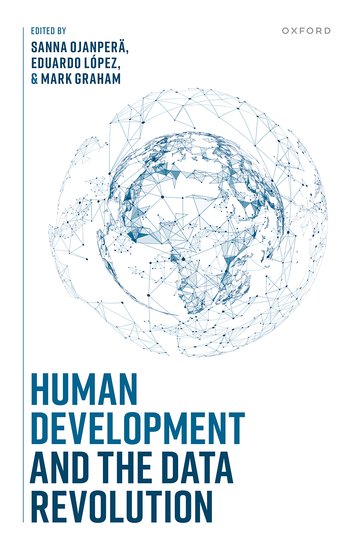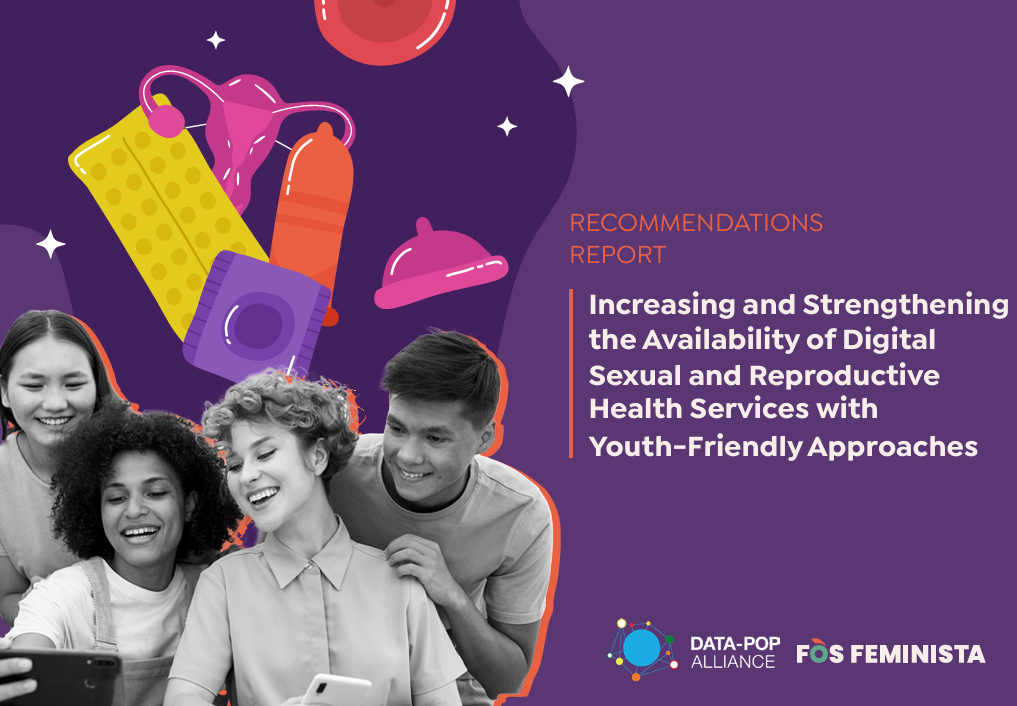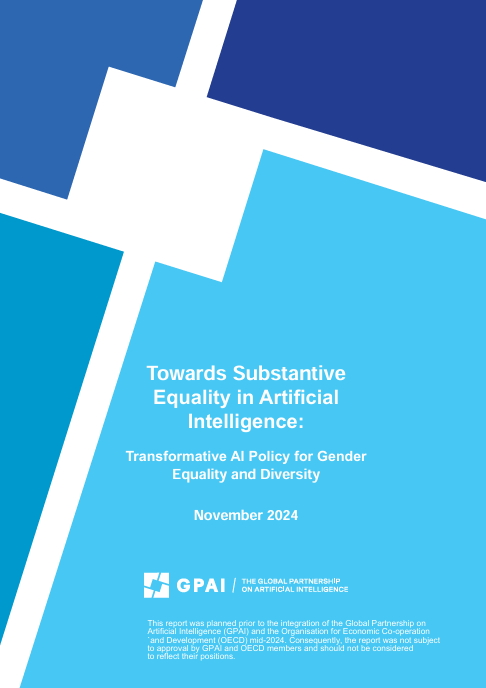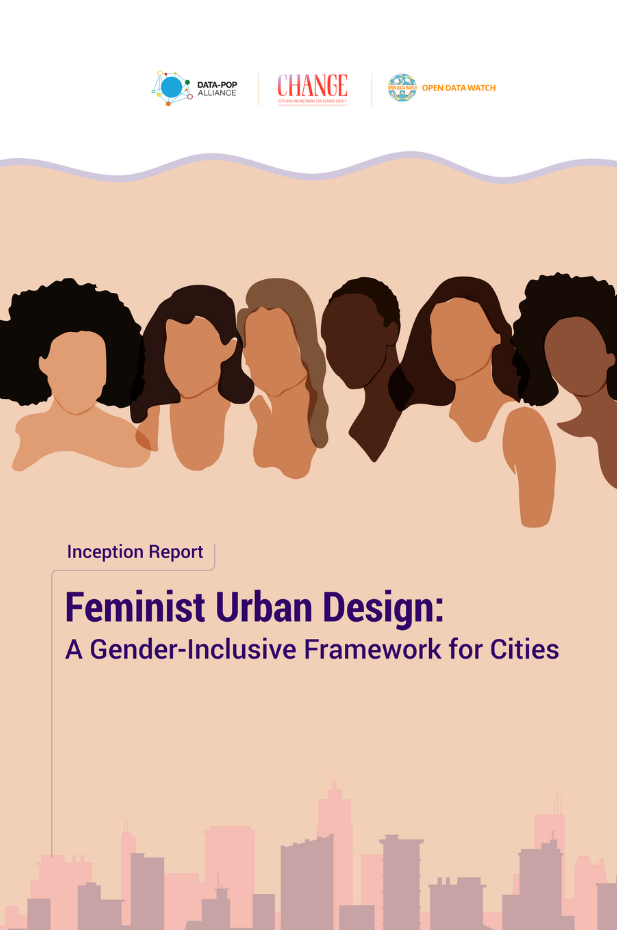As part of UN Women’s Research-in-Action series, the publication “Towards Caring Cities” investigates the transformative potential of urban care systems to advance gender equality and women’s economic empowerment. Conducted in collaboration with Data-Pop Alliance, the project focuses on how care infrastructure can be reimagined as a cornerstone of inclusive and sustainable urban development across Asia and the Pacific.
Using innovative geospatial methodologies, the research maps the supply and demand for care services in cities such as Kathmandu Valley (Nepal). It overlays these data with land use and climate risk information to identify spatial inequalities that hinder access to care. The findings reveal critical insights into how urban environments shape women’s ability to participate in the labor force, access opportunities, and engage in public life.




![[P124] cover Bangladesh_Report](https://datapopalliance.org/wp-content/uploads/2025/04/P124-cover-Bangladesh_Report.png)

![[WEB] Feature Blog Post](https://datapopalliance.org/wp-content/uploads/2025/02/WEB-Feature-Blog-Post-.png)




